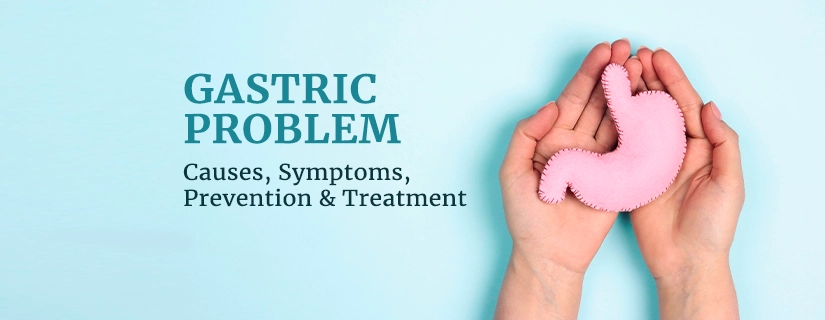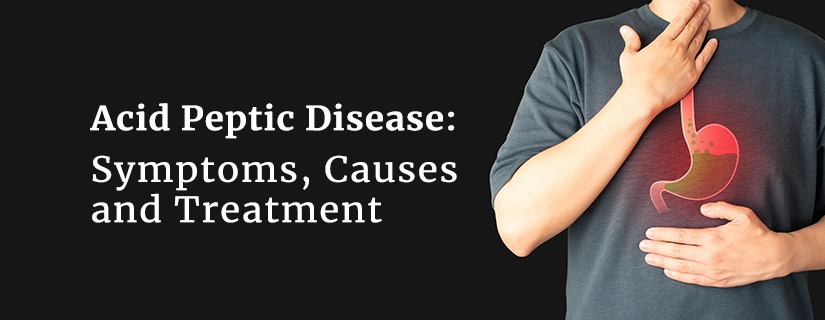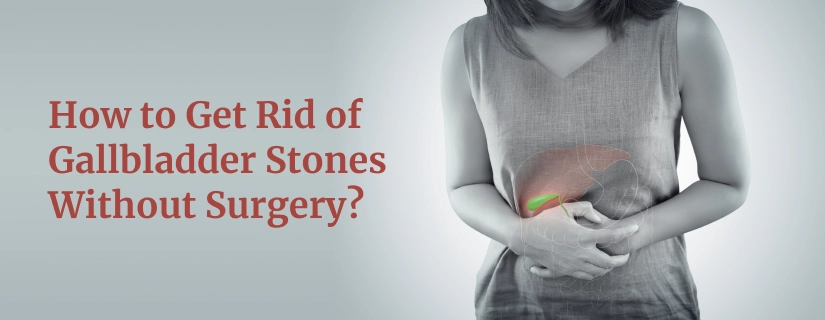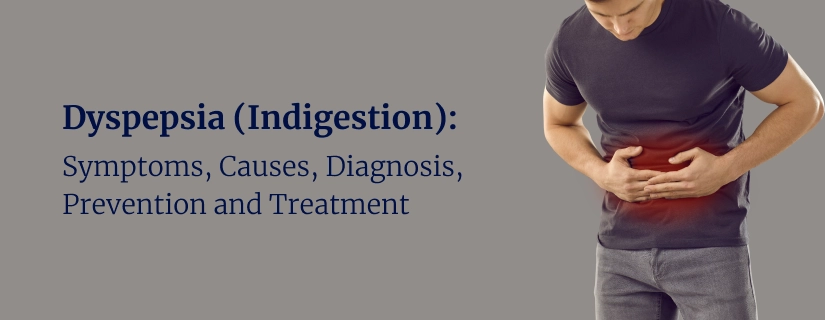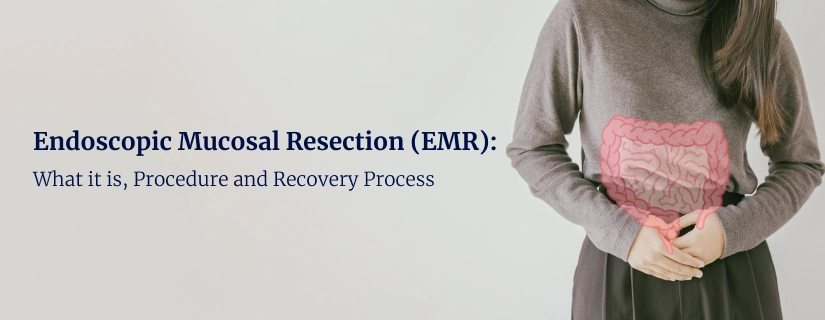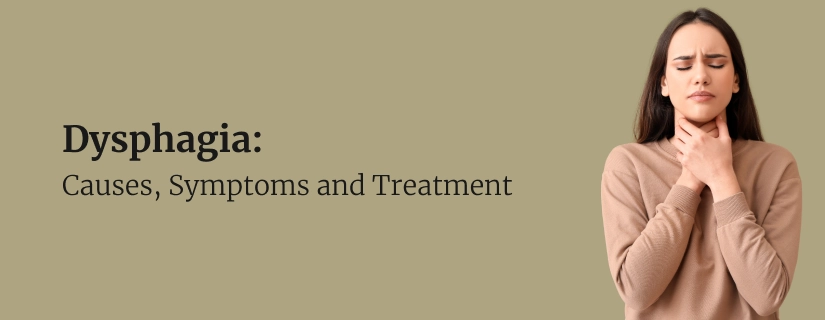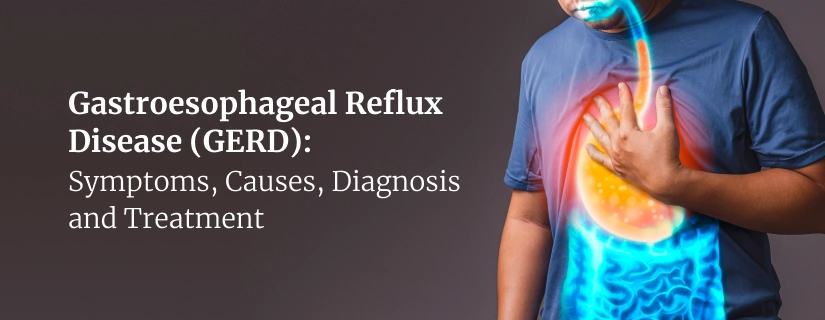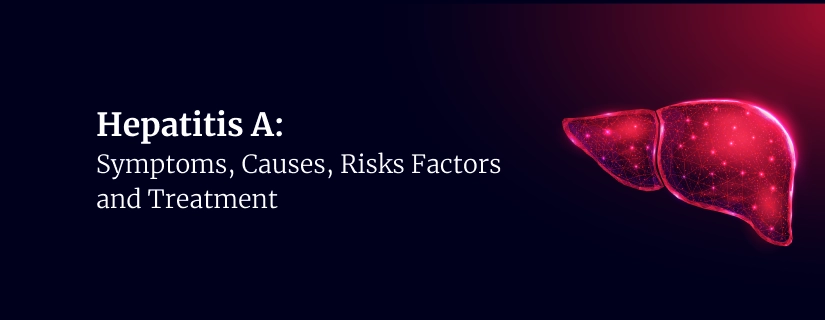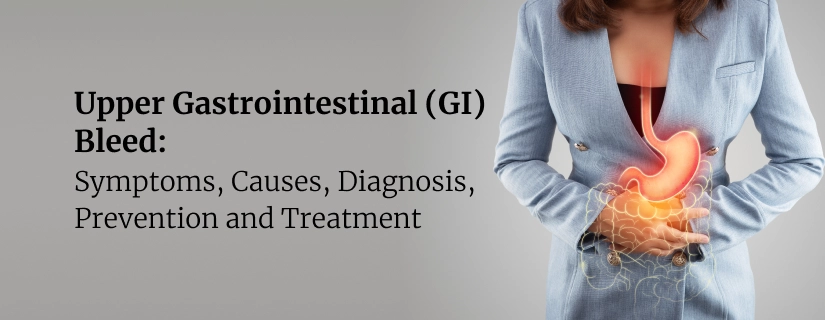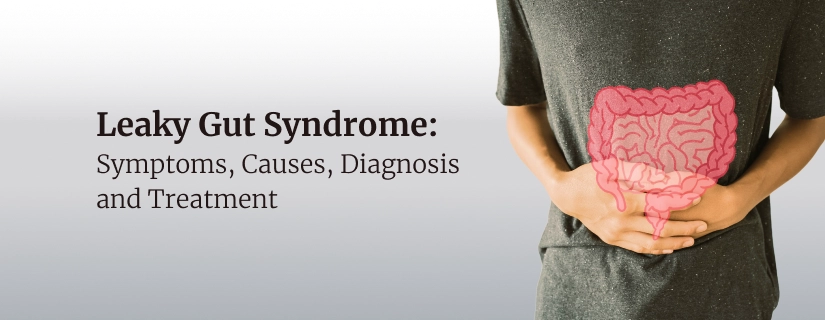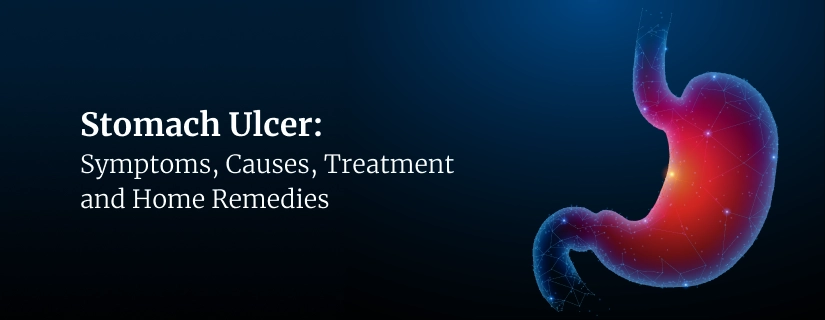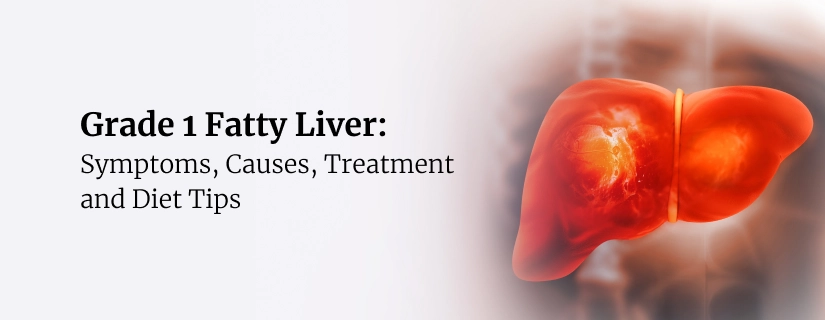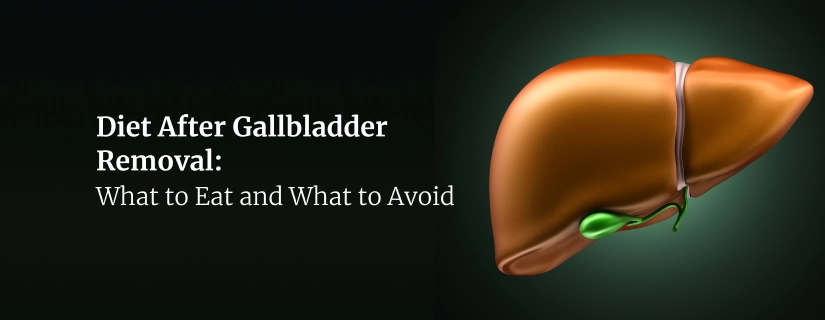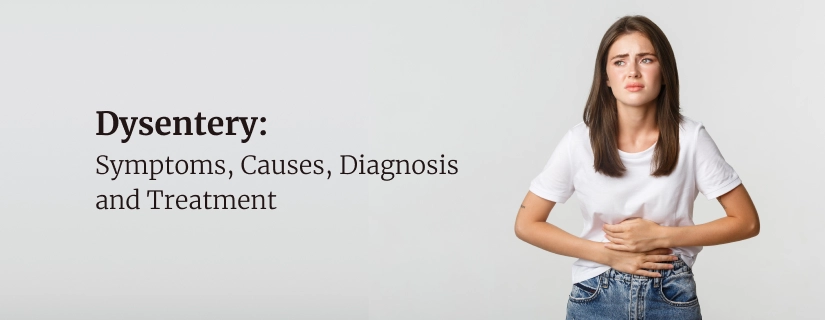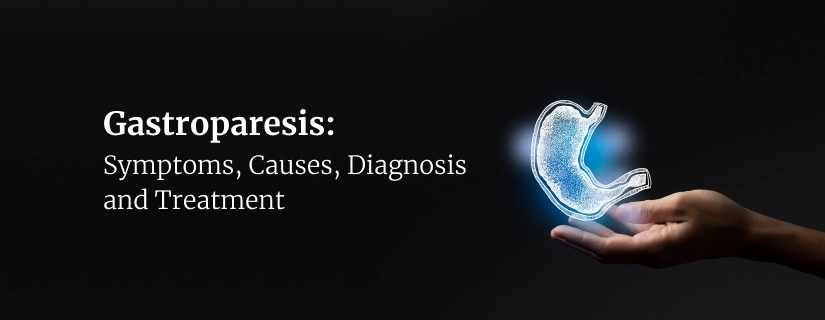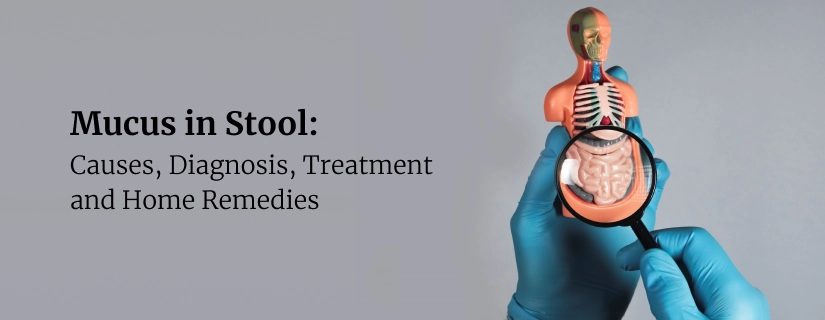-
Doctors
-
Specialities & Treatments
Centre of Excellence
Specialties
Treatments and Procedures
Hospitals & Directions HyderabadCARE Hospitals, Banjara Hills CARE Outpatient Centre, Banjara Hills CARE Hospitals, HITEC City CARE Hospitals, Nampally Gurunanak CARE Hospitals, Musheerabad CARE Hospitals Outpatient Centre, HITEC City CARE Hospitals, Malakpet
HyderabadCARE Hospitals, Banjara Hills CARE Outpatient Centre, Banjara Hills CARE Hospitals, HITEC City CARE Hospitals, Nampally Gurunanak CARE Hospitals, Musheerabad CARE Hospitals Outpatient Centre, HITEC City CARE Hospitals, Malakpet Raipur
Raipur
 Bhubaneswar
Bhubaneswar Visakhapatnam
Visakhapatnam
 Nagpur
Nagpur
 Indore
Indore
 Chh. Sambhajinagar
Chh. SambhajinagarClinics & Medical Centers
Book an AppointmentContact Us
Online Lab Reports
Book an Appointment
Consult Super-Specialist Doctors at CARE Hospitals
5 Common Causes of Rectal Bleeding (Blood in Your Stool)
Updated on 6 February 2024

Noticing blood in your stool or seeing bright red blood on toilet paper can be jarring. Although rectal bleeding has a wide range of potential causes, many of them are easily treatable at home or with simple medical care. It is always a good idea to educate yourself, track your symptoms, and connect with the concerned doctor to receive the appropriate diagnosis and treatment plan. Let's understand this medical condition.
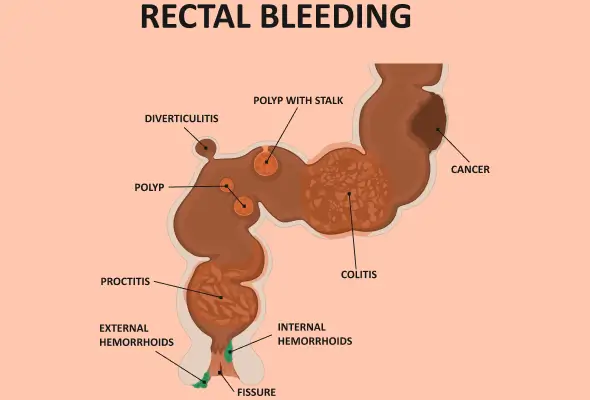
What Exactly is Rectal Bleeding?
Rectal bleeding refers to the passage of visible blood during bowel movements, on your stool itself, or just from your anus or rectum. You may notice a few drops of bright red blood, darker red blood, or black tarry stool, indicating digested blood. The blood can appear in different ways:
- On the toilet paper when wiping
- In the toilet bowl, turning the water red
- Mixed with your stool - red streaks, clots, etc.
- Dripping from your anus unexpectedly
Though called “rectal” bleeding, the blood can actually come from anywhere in your digestive tract - the rectum, colon, small intestine, or stomach. As it travels to exit the body, digestive enzymes and acids change the colour and composition. Let’s take a detailed look at the causes of rectal bleeding.
Common Rectal Bleeding Causes
1. Haemorrhoids
- Swollen, irritated veins in the lowest part of the rectum/anus are the most common cause of minor rectal bleeding.
- The veins swell and bulge due to pressure, often from straining during bowel movements, constipation, diarrhoea, obesity, or pregnancy.
- They may rupture and bleed, especially from a hard bowel movement or wiping.
- Hemorrhoid bleeding is typically bright red and minor.
- Pain, itching, and swelling are common.
Haemorrhoids often resolve once the inciting pressure is relieved.
2. Anal Fissures
- Tiny tears in the thin lining of the anus can occur from passing hard, dry stools.
- The tears are often very painful
- Bleed small amounts of bright red blood, especially during bowel movements.
Most fissures heal within a few weeks once the stool softens and bowel habits normalise. Soaking in warm water can provide symptom relief.
3. Inflammatory Bowel Disease (IBD)
- IBD refers to chronic inflammatory conditions like Crohn’s disease and ulcerative colitis resulting from an abnormal immune reaction attacking the digestive tract.
- IBD causes frequent diarrhoea, abdominal cramping, rectal bleeding, weight loss, and fatigue.
Bleeding results from inflammation-induced ulcers along the intestinal wall, eroding and damaging tissues. IBD requires lifelong treatment and monitoring.
4. Infections
- Certain bacterial infections like C. diff, E. coli, salmonella, shigella, and campylobacter can infect the intestines, triggering bloody diarrhoea as bacteria directly attack and ulcerate the intestinal lining.
- Viruses like norovirus rarely cause bleeding.
Most infective colitis resolves with rest and hydration, sometimes requiring antibiotics targeting the specific bacterial strain.
5. Medication Side Effects
- Many common medications like NSAIDs, steroids, and anticoagulants can irritate the stomach/intestine lining enough to cause minor bleeding, especially over time.
Stopping the inciting medication typically resolves this, but alternate medications may be needed to treat the underlying condition.
Less Common Causes
1. Diverticular Disease
- Small, swollen pouches called diverticula can form in the colon walls, usually in the sigmoid colon.
- These pouches often don’t cause issues but can sometimes become inflamed (diverticulitis) from infection or impacted stool.
- This leads to rectal bleeding, cramping, pain, and fever.
- Bleeding is typically minor, but can be major.
- Most cases are resolved with antibiotics and rest.
2. Colon Polyps/Cancer
- Colon polyps are abnormal tissue growths that form on the lining of the colon and rectum.
- Though usually non-cancerous, some polyps can turn cancerous over many years.
- Larger polyps have a richer blood vessel supply and thus often bleed intermittently.
- Cancerous polyps have a higher risk of bleeding.
- All polyps should be removed via colonoscopy.
- Colorectal cancer causes rectal bleeding, especially later on, as the tumour grows.
3. Sexually Transmitted Infections (STIs)
- Bacterial STIs like gonorrhoea, chlamydia, and syphilis can infect mucus membranes like the rectum.
- This leads to inflammation, irritation, sores, and thus sporadic minor bleeding, along with anal discharge and pain.
- Requires antibiotic treatment and partner treatment to resolve.
What Does the Blood Look Like?
The colour and composition of the blood you pass can give clues as to potential sources:
- Bright red blood - Typically indicates lower GI bleeding from the rectum, sigmoid colon or left colon. Blood hasn’t had time to digest.
- Dark red or maroon blood - Suggests bleeding higher up in the colon or sometimes from the small intestine, allowing some digestion en route.
- Black or tarry stool (melena) - Digested blood pointing to a likely upper GI source like the stomach or oesophagus. Requires prompt evaluation.
- Occult blood - Not visible blood, detected by faecal occult blood testing of a stool sample. Suggests slow, intermittent bleeding over time.
When Should I See a Doctor?
See your doctor if:
- Bleeding is frequent, heavy, or lasts >1 week
- Bleeding is accompanied by severe pain
- You feel dizzy/faint from blood loss
- You don’t know the cause
Key questions for your doctor:
- What’s causing my bleeding, and what tests do I need?
- Do I need medication or other treatment?
- How can I prevent future bleeding episodes?
Conclusion
Rectal bleeding can be an alarming symptom. However, many potential causes ranging from haemorrhoids to anal tears, often resolve on their own or with simple at-home treatment. It’s still vital to understand the possible causes and connect with your doctor, especially if bleeding is frequent or accompanied by concerning symptoms. Tracking the specifics around your bleeding and working closely with medical professionals will ensure proper diagnosis and care. While scary, rectal bleeding doesn’t necessarily indicate serious illness, but increased awareness and proactivity sets you up for the best outcome possible.
To Book an Appointment, call:
ENQUIRY FORM
SELECT CATEGORIES
-
Neurosciences (16)
-
Neurology (37)
-
Neurosurgery (14)
-
Orthopaedics (48)
-
Oncology (33)
-
Obstetrics and gynecology (52)
-
Pulmonology (23)
-
Urology (20)
-
Nephrology (13)
-
Psychiatry (7)
-
Dietetics and Nutrition (111)
-
General Medicine (63)
-
Cardiac Sciences (32)
-
Vascular & Endovascular Surgery and Interventional Radiology (15)
-
Gastroenterology (46)
-
Endocrinology (23)
-
Plastic Surgery (10)
-
Critical Care Medicine (5)
-
COVID-19 (16)
-
Dermatology (16)
-
Emergency Care (1)
-
Ophthalmology (4)
-
Pediatrics (14)
-
Laparoscopic and Bariatric Surgery (8)
-
ENT (15)
-
Kidney Transplant (1)
-
Liver Transplantation and Hepatobiliary Surgery (5)
-
General Surgery (3)
-
Internal Medicine (5)
-
Medicine Information
Hepatitis B: Causes, Symptoms, Diagnosis, Treatment and Prevention
Hepatitis C: Stages, Symptoms, Risks, Treatment and Prevention
YOU MAY ALSO LIKE
RECENT BLOGS
-

Preterm Birth (Premature Birth): Symptoms, Causes, Treatment and Prevention
13 May 2025
Read More
-

Rotablation Angioplasty: Benefits, Treatments, And Recovery Time
9 May 2025
Read More
-

What Is The Difference Between IUI and IVF?
9 May 2025
Read More
-

Venous Malformations: Causes, Symptoms, and Treatment
30 April 2025
Read More
-

Varicose Vein Foam Sclerotherapy: Treatment, Benefits, and Procedure
30 April 2025
Read More
-

Radiofrequency (RF) Ablation Treatment for Varicose Veins: Know More
30 April 2025
Read More
-

Varicose Vein Sclerotherapy: Treatment, Benefits, and Procedure
30 April 2025
Read More
-

Varicose Vein Endovenous Laser Ablation: Procedure, Benefits, Risks
30 April 2025
Read More
Have a Question?
If you cannot find answers to your queries, please fill out the enquiry form or call the number below. We will contact you shortly.















